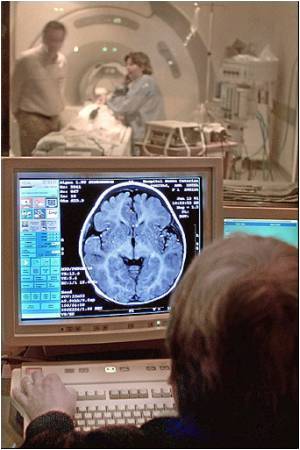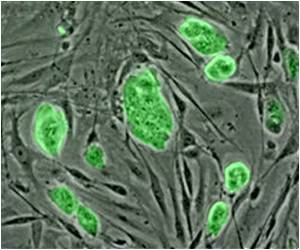Australian neuroscientists have developed an on-and-off switch for the brain which may help victims of stroke and Parkinson's disease.

A coil shaped like a figure-eight is held over a patient's head, which tries to switch on a part of the brain in Parkinson's sufferers and switch off a different part in stroke victims.
"The actual technology was developed back in the mid-80s but it sort of sat around for a while," Professor Bruce Murdoch said.
"Now it's starting to come to the fore and people are starting to recognise that the brain is much more plastic ... it can heal itself much better than we ever thought it could.
"This seems to be a way of helping the brain to sort of rewire itself," Murdoch said.
The trials have produced improvements over 12 months in long-term patients with both conditions and have already been through traditional therapies.
Advertisement
Stroke patients, who suffer from a condition called 'Aphasia', are finding they can recall the names of things more quickly and accurately. 'Aphasia' is condition where sufferers can have impaired language ability including difficulty in remembering words.
Advertisement
"That's a bit of a breakthrough. We've never really had that sort of effect with any other treatment before," he added.
Source-ANI














